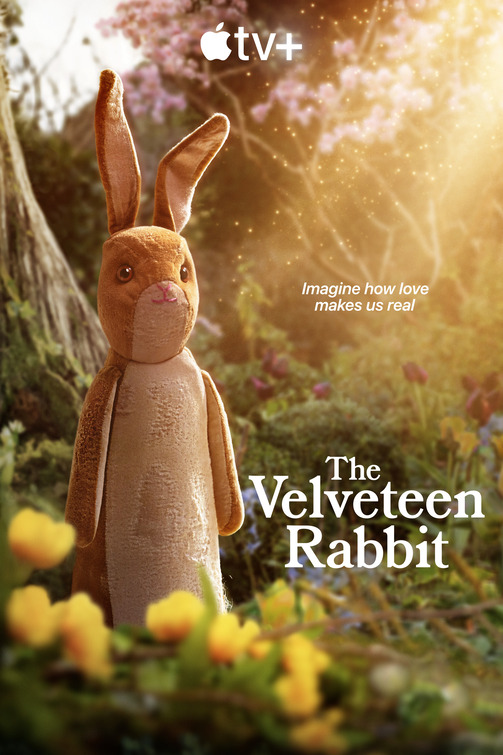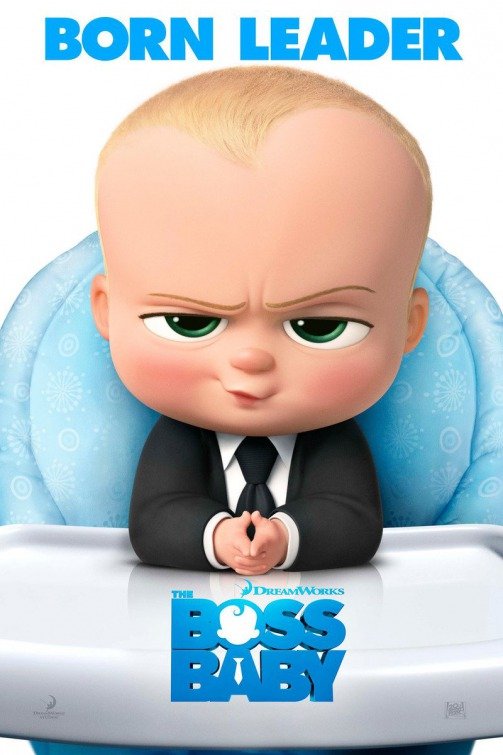Why HBO’s THE IDOL Should not be Accessible to Children
By Movieguide® Contributor
Four years after HBO started targeting children with content glorifying drug usage and violent sex through EUPHORIA, the company has doubled down on creating vile content aimed at children with THE IDOL.
Proud of the depraved content, HBO broadcasts that THE IDOL was created by “sick and twisted minds” to tell “the sleaziest” love story in Hollywood.
Created by the same writer behind EUPHORIA, Sam Levinson was tasked by HBO to take his previous show and turn it up another notch. Levinson did as he was told, creating a show where the lead character, Jocelyn, is regularly placed into abusive sexual situations that the show attempts to normalize.
Shows like this are unacceptable for young minds to watch, yet that is clearly HBO’s intended audience. Similar to EUPHORIA, much of the marketing for the show appears on the social media sites most commonly used by teens and tweens.
Videos tagged with #theidol in TikTok have generated more than 1.2 billion views, with millions more views throughout the 120 variations to the hashtag.
Parents need to be especially protective against shows like THE IDOL because violent, depraved media leads to more violence and depravity in the real world. Movieguide®’s founder Dr. Ted Baehr has previously written about the effects of sexual violence in media:
Research into this area can be divided into deductive reasoning from prior principles and inductive reasoning from a set of specific observations. Using deductive reasoning, researchers posit the basic principles of human learning and then see if any of them predict a causal relation. Using inductive reasoning, researchers study the real-life behavior of a person after that person has been exposed to a measurable degree of excessive violence, pornography or other media influence.
There are several principles of learning from which experts deduce the influence of entertainment.
One is the principle of modeling. Research shows that children imitate, even from the moment of birth. Children follow the examples that are set for them, not only in real life, but also in literature. Parables are examples of teaching tales people have used to help children learn how to live. Research shows that the entertainment media provide “scripts” for a child’s future behavior.
Studies have looked at the real-life behavior of children and have counted their episodes of imitation of the violent or non-violent behavior. …
Scientific evidence strongly indicates a connection between television violence and violence in the real world. The cumulative effect of all these studies indicates a statistically significant connection between watching violence on television and behaving aggressively. These studies have prompted the American Medical Association, The American Psychiatric Association, The American Academy of Pediatrics, the National Association for the Education of Young Children and many other organizations to issue policy statements condemning violence in the media.
Other research involving thousands of subjects, of both sexes, ranging in age from young children to older teenagers, from a wide range of socioeconomic and ethnic backgrounds, and from several countries has shown that children who watch more violent television tend to be more aggressive. The relation between viewing television and aggressiveness is thus extremely well documented.
To explain why violence in media causes children to become more aggressive in their day-to-day lives, scientists have looked to different stages of brain development. They believe that the lack of a fully developed brain helps account for the increased effect that violent media has on children over adults.
Movieguide® previously reported:
Many scientists have argued that there’s such a significant body of evidence on the connection between the content of the mass media (such as violence) and behavior (especially aggressive behavior) that researchers should move beyond accumulating further evidence and focus on the processes that are responsible for this relationship. Recent research has focused on developing theories that explain why and how that relationship exists.
Many of the theories that have developed involve the stages of cognitive development of children. Although there are many factors that are common to all ages of development, there are also unique distinctions between each stage of child development that require different treatment with regard to exposure to and training about the mass media.
Children often see the world and the media quite differently than adults. Parents generally look at television programs semantically (in terms of the meaning of what is said or what is happening). Children see syntactically (in terms of the action and special effects in the program). Thus, with regard to music, a mother will say to her child, “Did you hear the lyrics in that awful song?” The child will respond, “Ah, Mom, I don’t listen to the words. Did you hear how cool it sounds?”
This generation gap was highlighted when a little boy asked Mr. Rogers of MR ROGERS’ NEIGHBORHOOD how he got out of the television set to be with them that day. He said that he was never in the television set and carefully explained how TV worked. Then, he asked the boy if he understood him. He said “Yes, but how are you going to get back into the TV so I can watch you this afternoon?”
Despite the proven harm that violent media has on children, HBO is still able to place its depraved media within reach of kids. Poorly designed parental controls on HBO’s streaming service, Max, allows children to access TV-MA media regardless of their parent’s wishes.
Those who allow shows like THE IDOL to corrupt children will face retribution for their actions some day. In Luke 17, Jesus teaches “things that cause people to stumble are bound to come, but woe to anyone through whom they come. It would be better for them to be thrown into the sea with a millstone tied around their neck than to cause one of these little ones to stumble.”
Parents need to be on guard and protect their children from depravity like THE IDOL.
Movieguide® previously reported on THE IDOL:
HBO’s THE IDOL premiered this weekend and the show is already facing criticism for its excessive sex scenes.
THE IDOL follows a rising pop star, played by Lily Rose Depp, who gets swept up in a relationship with a cult leader.
Fans have just seen the first episode of the series, but are already complaining about “violent sex and excessive nudity” and calling THE IDOL “reductive and sad.”
Major outlets have criticized THE IDOL as well. Rolling Stone published interviews with 13 anonymous cast and crew members, who called the show a “rape fantasy” and a “degrading love story with a hollow message.”



 - Content:
- Content: 

